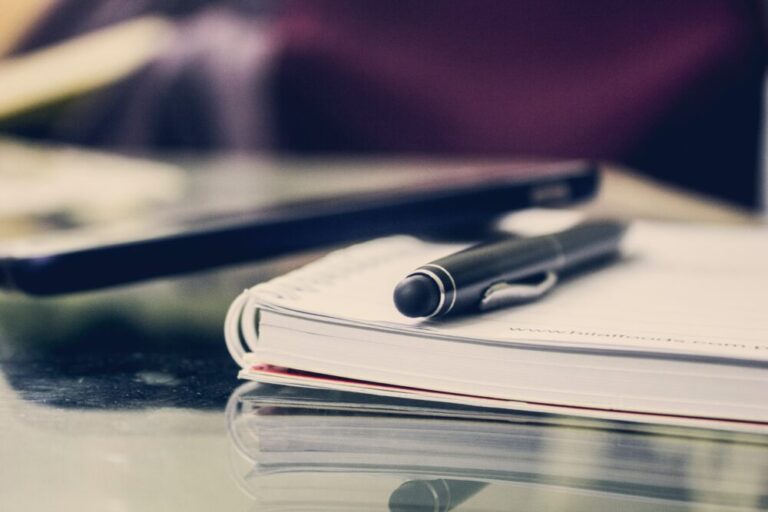

Are you struggling with student loan debt that you can’t afford to pay? Do you feel trapped by your loans and wish there was a way out? If so, you are not alone. Millions of Americans are burdened by student loan debt, and many of them have been told that bankruptcy is not an option for them. But that may not be true anymore. Read on and reach out to a dedicated Rockland County student loan bankruptcy lawyer from The Lauterbach Law Firm to learn more about student loan bankruptcy, whether you may qualify, and how we can help you through the process ahead.
Most of us don’t ever imagine the day when we’re seriously considering filing for bankruptcy, especially due to student loans. After all, you worked hard for your degree in the hopes that you’d get a well-paying job in your field and pay off your loans promptly. Unfortunately, the harsh reality for many students is that upon graduating, they realize paying off their seemingly-insurmountable loans simply is no longer an option. That said, if you find yourself in this situation, you do have options, and a dedicated New City bankruptcy attorney from The Lauterbach Law Firm is here to assess your circumstances and fight for the best outcome possible on your behalf.
Student loans have been historically difficult to discharge in bankruptcy, because the law requires borrowers to prove that repaying them would cause an “undue hardship” on them and their dependents. This is a very high standard that few people can meet, and it varies depending on the court and the judge. In most cases, borrowers have to show that they have made good faith efforts to repay their loans, that they have minimal income and expenses, and that their financial situation is unlikely to improve in the future.
However, in recent years, some courts have been more lenient and flexible in applying the undue hardship test, especially for private student loans. Private student loans are loans that are not issued or guaranteed by the federal government, and they typically have higher interest rates, fewer repayment options, and fewer consumer protections than federal student loans. In July 2021, a New York-based federal appeals court ruled that private student loans are not protected from discharge in bankruptcy, opening the door for students and ex-students to discharge their debt and move on with their lives.
If you’re considering filing for bankruptcy to discharge your student loan debt, you should first speak with a seasoned bankruptcy lawyer who can assess your financial circumstances and determine the best course of action going forward.
That said. there are two types of bankruptcy that may be suitable for discharging student loan debt: Chapter 7 and Chapter 13. Chapter 7 bankruptcy is a liquidation process that wipes out most of your unsecured debts, such as credit cards, medical bills, and personal loans. To qualify for Chapter 7, you have to pass a means test that compares your income and expenses to the median income and expenses of your state. If you pass the means test, you can file for Chapter 7 and ask the court to discharge your student loan debt by filing an adversary complaint. That said, to successfully discharge student loan debt via Chapter 7 bankruptcy, will have to prove that repaying your student loan debt would cause undue hardship for you and your dependents.
Chapter 13 bankruptcy is also known as reorganization bankruptcy. Chapter 13 bankruptcy allows you to keep your assets and pay off some or all of your debts over a period of three to five years. To qualify for Chapter 13, you have to show that you have enough income to make monthly payments to your creditors under a court-approved plan. If you file for Chapter 13, you can also ask the court to discharge your student loan debt by filing an adversary complaint. However, unlike Chapter 7, you may not have to prove undue hardship if you can show that your student loan debt is not a “qualified education loan” under the tax code. This may apply to some private student loans that were used for expenses other than tuition, fees, books, supplies, or equipment.
The bottom line is that if you are a student or former student, and you’re looking to discharge your debts through bankruptcy, the most important thing you can do is reach out to a competent lawyer who can assess your circumstances, lay out your options, and, from there, craft a tailored solution on your behalf. Fortunately, you are in the right place. Contact The Lauterbach Law Firm today so we can get started working on your case.


© 2024 The Lauterbach Law Firm. All rights reserved.